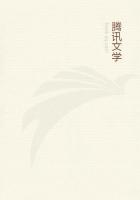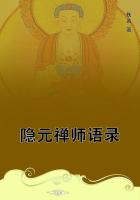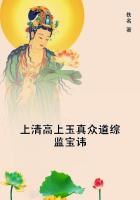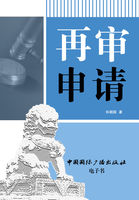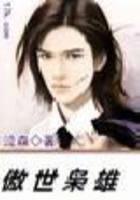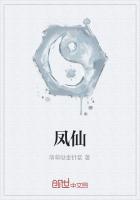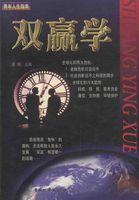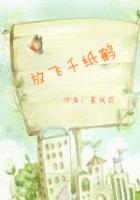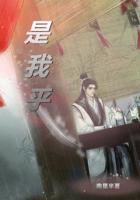In the first years of that new century, the Magazine and the weekly News begin to reflect the general revival of religious interest among young people. The Student Volunteer Movement, the increased activities in the Christian Associations for both men and women, find their response in Wellesley students. Letters from missionaries are given prominence; the conferences at Silver Bay are written up enthusiastically and at great length. Social questions never lapse, at Wellesley, but during the decade 1900 to 1910, the dominant journalistic note is increasingly religious. Later, with the activity of the Social Study Circle, an informal club for the study of social questions, and its offspring the small but earnest club for the study of Socialism, the social interests regained their vitality for the student mind.
Besides the extra mural problems, the periodicals record, of course, the events and the interests of the little college world. Through the "Free Press" columns of these papers, the didactic, critical, and combative impulses, always so strong in the undergraduate temperament, find a safe vent. Mentor and agitator alike are welcomed in the "Free Press", and many college reforms have been inaugurated, and many college grievances--real and imagined--have been aired in these outspoken columns. And not the least readable portions of the weeklies have been the "Waban Ripples" in the Prelude, and the "Parliament of Fools" in the News. For Wellesley has a merry wit and is especially good at laughing at herself,-- yes, even at that "Academic" of which she is so loyally proud. Witness these naughty parodies of examination questions, which appeared in a "Parliament of Fools" just before the mid-year examinations of 1915.
Philosophy:
"Translate the following into Kant, Spencer, Perry, Leibnitz, Hume, Calkins (not more than one page each allowed).
"'Little drops of water, little grains of sand, Make the mighty ocean, and a pleasant land.'
"The remainder of the time may be employed in translating into Kantian terminology, the title of the book: 'Myself and I.'"
English Literature:
"Give dates and significance of the following; and state whether they are persons or books: Stratford-on-Avon, Magna Charta, Louvain, Onamataposa, Synod of Whitby, Bunker Hill, Transcendentalism, Mesopotamia, Albania, Hastings.
"Write an imaginary conversation between John Bunyan and Myrtle Reed on the Social significance of Beowulf.
"Do you consider that Browning and Carlyle were influenced by the Cubist School? Cite passages not discussed in class to support your view.
"Trace the effects of the Norman strain in England in the works of Tolstoi, Cervantes, and Tagore."
English Composition:
"Write a novelette containing:
(a) Plot; (b) two crises; (c) three climaxes; (d) one character.
"Write a biography of your own life, bringing out distinctly reasons pro and con. Outline form."
Biblical History:
"Trace the life of Abraham from Genesis through Malachi.
"Quote the authentic passages of the New Testament. Why or why not?
"Where do the following words recur? Verily, greeting, begat, therefore, Pharisee, holy, notacceptedbythescholars."
Excellent fooling, this; and it should go far to convince a skeptical public that college girls take their educational advantages with sanity.
As literary magazines, these Wellesley periodicals are only sporadically successful. Now and again a true poet flashes through their pages; less often a true story-teller, although the mechanical excellence of most of the stories is unquestionable,--they go through the motions quite as if they were the real thing. But the appeals of the editors for poetry and literary prose; their occasional sardonic comments upon the apathy of the college reading public,--especially during the waning later years of the Magazine, before it was absorbed into the monthly issue of the News,--would seem to indicate that the pure, literary imagination is as rare at Wellesley as it is in the world at large. Yet there are shining pages in these chronicles, pages whose golden promise has been fulfilled.
In 1911, the Alumnae Association discussed the advisability of publishing an alumnae magazine, but it was decided that the time was not yet ripe for the new enterprise, and instead an agreement was entered into with the News, by which a certain number of pages each month were to be at the disposal of the alumnae editor, for articles and essays on college matters which should be of interest to the alumnae. The new department has been marked from the beginning by dignity and interest, and the papers contributed have been unusually valuable, especially from the point of view of college history.
In 1889 Wellesley's Senior Annual, the Legenda, came into being.
In general it has followed the conventional lines of all college annuals, but occasionally it has departed from the beaten path, as in 1892, when it was transformed into a Wellesley Songbook; in 1894, when it printed a memorial sketch of Miss Shafer, and a biographical sketch of Mrs. Durant; in 1896, when it became a storybook of college life.
In October, 1912, The Wellesley College Press Board was organized by Mrs. Helene Buhlert Magee, of the class of 1903. The board is the outgrowth of an attempt by the college authorities, in 1911, to regulate the work of its budding journalists. Up to this time the newspapers had been supplied, more or less intermittently and often unsatisfactorily, with items of college news by students engaged by the newspapers and responsible only to them. The college now appoints an official reporter from its own faculty, who sends all Wellesley news to the newspapers and is consulted by the regular reporters when they desire special information.


